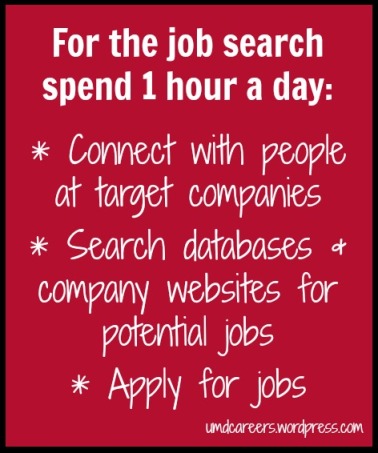By: Taylor
Recently I read the book titled, “What the Most Successful People Do Before Breakfast,” by Laura Vanderkam. It was a quick and easy read that inspired me to change my daily routines in order to make my days more productive. She took an approach that evaluated the schedules of many ‘successful’ people in the world today, many of whom are CEOs and business owners. What she found was that the key to being productive was to take advantage of the morning hours. For somebody who likes to accomplish as many things as possible in one day, I became quite inspired!
Typically, throughout our days we drag through lectures and work meetings while spending our little bit of free time catching up with friends or perusing Facebook. By the evening time, we might find ourselves lethargic and therefore more often making excuses not to do certain things. What are things I pass up to hang out in bed in my pajamas? Homework, working out, and reading just to name a few. Before the world is stirring, it is easier to narrow your thoughts and find the drive to do great things. Imagine yourself in an 8am meeting after just rolling out of bed on the verge of being late. Now imagine yourself in an 8am meeting already having exercised, reviewed your goals, and read the news. The change in performance with an early morning routine can be astounding. Here are just a few ideas for your mornings:
- Exercise: Nobody is at the gym so there is no pressure to get ready or look good. You also will have the opportunity to shower afterward without heading back to school or work with wet hair.
- Be a Visionary: People complain that there is no time to think these days. Spend your mornings setting goals for the short-term (what you want your day to look like) as well as the long-term (lifelong career or organization goals).
- Self-fulfilling Activity: Meditating or praying can be a great way to clear your mind for the day. Also, if there is a craft or project you’ve been wanting to do, work on it before school to get you excited and optimistic.
- Professional Growth: Read professional articles or journals. Benefit from the insight of those in your field and their strategic thinking.
I want to be one of the most successful people in a book someday like many of you, so I’m starting the change now! Rising early may be one of your greatest challenges in life. I advise making the change with ease. My new morning routine will include yoga or group fitness classes, getting through long reading assignments, and eating a healthy breakfast. What will you make of yours?
Of Possible Interest:
- Productivity & Wellness – all our blog posts on the topic
- Healthy on the Job – our Pinterest board filled with articles & resources



